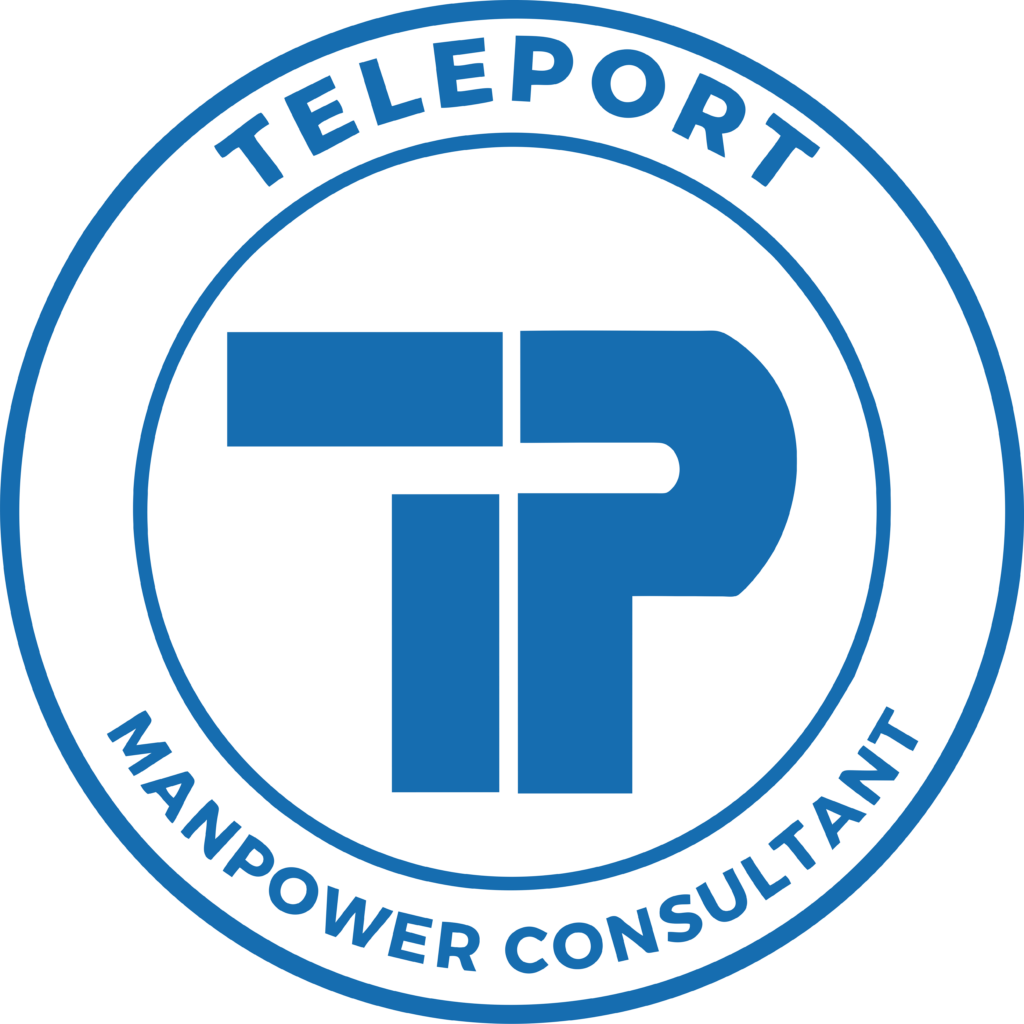Interviews are a critical step in your job-seeking journey. Whether you’re a seasoned professional or just starting your career, proper interview preparation is the key to success. This comprehensive guide will not only emphasize the significance of interview preparation but also provide real-life examples and practical tips for interview preparation in daily interactions. We will cover common interview questions and answers, mock interview practice, resume and cover letter tips, interview attire, behavioral and technical interview techniques, phone interview strategies, and dealing with interview nerves.
Table of Contents
The Significance of Interview Preparation
Interview preparation is more than just brushing up on your qualifications. It’s about presenting yourself in the best possible way to potential employers. Here’s why it’s so important:
Making a Strong First Impression
First impressions are lasting. How you present yourself during the interview sets the stage for your candidacy. Proper preparation ensures you come across as professional and capable.
Confidence Boost
Preparation instills confidence. When you’re well-prepared, you’re more likely to answer questions confidently, ask insightful questions, and engage in meaningful conversations with the interviewer.
Demonstrating Your Fit
Employers want to know if you’re a good fit for their organization. Preparing for the interview allows you to tailor your responses to showcase your compatibility with the company culture and the specific role.
Handling Tough Questions
Not every interview question is straightforward. Preparing for common interview questions and answers equips you to handle even the toughest queries effectively.
Real-Life Examples of Interview Preparation
Let’s delve into some real-life scenarios to highlight the importance of interview preparation:
Example 1: The Resume and Cover Letter for Interviews
You’ve submitted an impressive resume and cover letter and secured an interview. Now, you need to ensure that the claims on your documents match your actual qualifications. This involves refreshing your memory about the projects you’ve worked on, the skills you possess, and the accomplishments you’ve achieved. If your resume highlights a specific skill or experience, be ready to discuss it in detail during the interview.
Example 2: Interview Attire and Dress Code
Your attire is the first thing the interviewer will notice. Dress appropriately for the industry and company culture. If you’re unsure, it’s better to be slightly overdressed than underdressed. It’s not just about looking good; it’s about showing respect for the opportunity and the company.
Example 3: Phone Interview Tips
Phone interviews are common in the early stages of the hiring process. When you’re not physically present, your voice and words become even more critical. Find a quiet, well-lit space for the interview. Speak clearly and with enthusiasm. Remember that your tone is an essential part of conveying your interest and engagement.
Practical Tips for Interview Preparation
Now, let’s explore some practical tips that can help you excel in your interview preparation:
Create an Interview Preparation Checklist
Start by creating a checklist. This should include researching the company, understanding the job description, knowing your own resume inside out, and preparing thoughtful questions to ask the interviewer.
Behavioral Interview Techniques
Behavioral questions often require you to provide specific examples from your past experiences. Use the STAR method: Situation, Task, Action, and Result. This structure will help you provide concise and effective answers.
Technical Interview Preparation
For technical roles, anticipate questions related to your field. Brush up on relevant technical knowledge and problem-solving skills. Practice solving sample technical problems to build confidence.
Mock Interview Practice
Consider conducting mock interviews with a friend or mentor. Mock interviews allow you to practice answering common interview questions and receive constructive feedback.
Common Interview Questions and Answers
Prepare responses to common questions such as “Tell me about yourself,” “Why do you want to work here?” and “What are your strengths and weaknesses?” Having prepared answers ensures you sound confident and well-prepared.
Managing Interview Nerves and Anxiety
It’s normal to feel nervous before an interview. Techniques such as deep breathing, visualization, and positive self-talk can help manage anxiety. Remember, a little nervousness can actually enhance your performance.
FAQs
Q1. How should I research a company before an interview?
A: Research the company’s history, culture, products, and recent news. Understand their mission and values. This knowledge will help you tailor your responses to align with the company’s goals.
Q2. What should I wear to an interview?
A: Dress appropriately for the company and industry. When in doubt, it’s better to be slightly overdressed than underdressed. Conservative business attire is usually a safe choice.
Q3. How do I handle technical questions in an interview?
A: For technical roles, review your technical knowledge and problem-solving skills. Practice coding or problem-solving exercises relevant to the role.
Q4. What’s the best way to answer, “Tell me about yourself?”
A: Craft a concise narrative that highlights your qualifications, experiences, and career goals. Keep it professional and focused on your suitability for the job.
Q5. How do I overcome interview nerves?
A: Practice, preparation, and positive self-talk can help ease nerves. Visualize a successful interview, and remember that interviewers expect some level of nervousness.
Conclusion
Interview preparation is not an option; it’s a necessity for anyone seeking a job. The more you prepare, the better you’ll perform during the interview. By following the tips and examples in this guide, you can boost your confidence, make a strong impression, and increase your chances of landing your dream job. Remember that interview preparation is a continuous process, so stay committed to refining your skills and knowledge for future opportunities. Good luck with your interviews!


